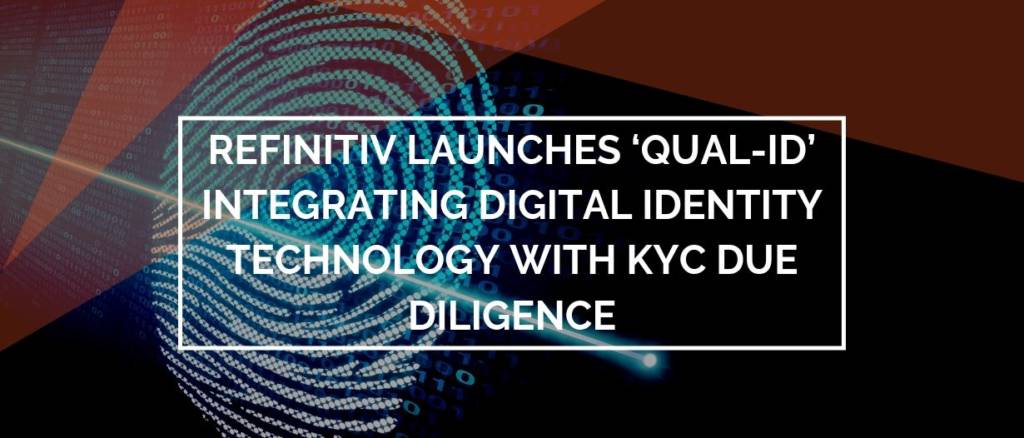Qual-ID’ combines digital ID verification and document proofing from Trulioo with risk screening from World-Check in a single point of access September 23, 2019: Refinitiv has taken a significant step forward… read more →
TFG reports exclusively on the white paper: Digital Ecosystems in Trade Finance, from Boston Consulting Group (BCG), SWIFT and the International Chamber of Commerce (ICC).
Singapore-based Finaxar, announces the partnership with Global eTrade Services (GeTs), a global trade platform company. Finaxar provides its unique Lending-as-a-Service to financial institutions, trade and e-commerce platforms using data-driven methods to provide the fast, tailored financing solutions for SMEs.
Standard identifiers are playing an increasingly important role in finance and trade globally. TFG’s Deepesh Patel heard from Richard Young at FIGI (Bloomberg).
Despite today’s climate of rising trade tariffs and falling trade volumes, UniCredit’s Global Head of Global Transaction Banking, Luca Corsini, claims we have reason to remain optimistic for trade finance revenues in the coming months, pointing to the rising need for security in trade transactions, the rise of digital platforms to simplify and expand service provision, and continued infrastructure development stemming from Asia.
“Who trades what with whom?”. This is an inexcusable state of affairs in today’s world of big data, artificial intelligence and machine learning, as Dr Rebecca Harding, CEO of Coriolis Technologies, explains.
Distributed Ledger Technology (DLT) has been around for several years and has its roots in the world of cryptocurrencies, often referred to as Blockchain. Having brought some very interesting opportunities to the Banking market, attention was sparked in other industries such as Insurance, Healthcare, Shipping, Supply Chains, Manufacturing and Trade Finance.
Over the past 2-3 decades there have been many attempts to digitise parts of the trade and trade finance process, but it’s the complexity of trade that remains the challenge. Most successful attempts at digitisation have had to bite off a small piece of the problem and this has led to silos or what I call a ‘digital island’ phenomena.
This short note explores the potential second order effect of Blockchain and other new technologies on the Trade Finance ecosystem.
London, UK & Swieqi, Malta – September 17, 2019: VAKT, the company re-imagining commodity post-trade processing underpinned by blockchain, announces a memorandum of understanding (MOU) with essDOCS, a leading enabler… read more →
























